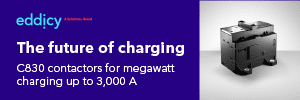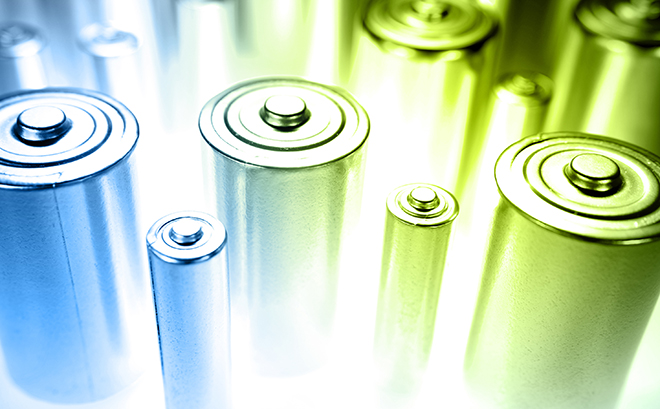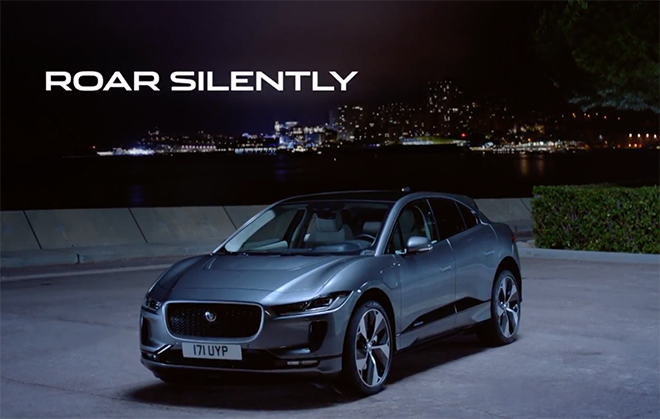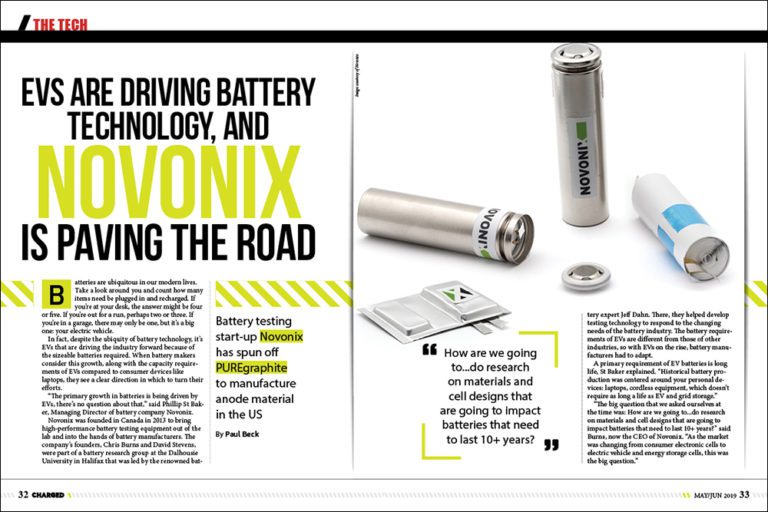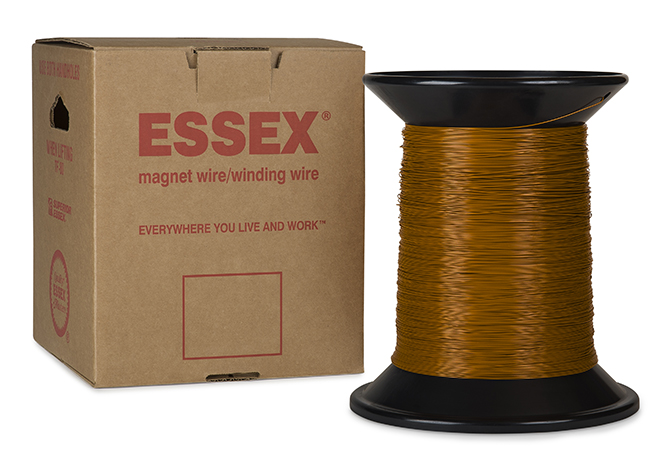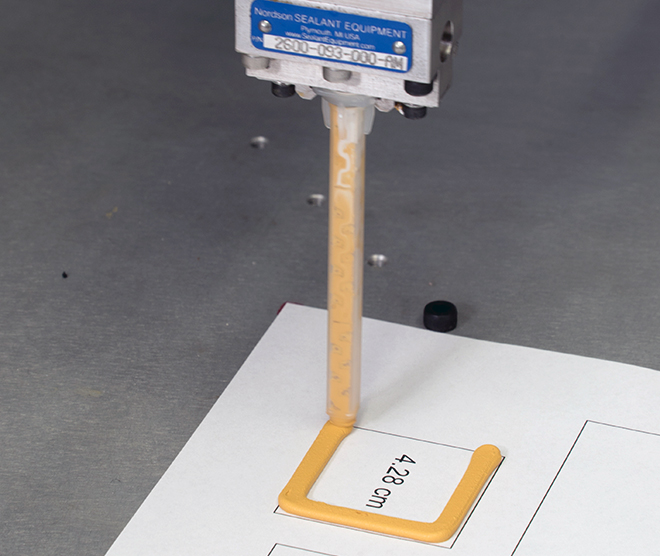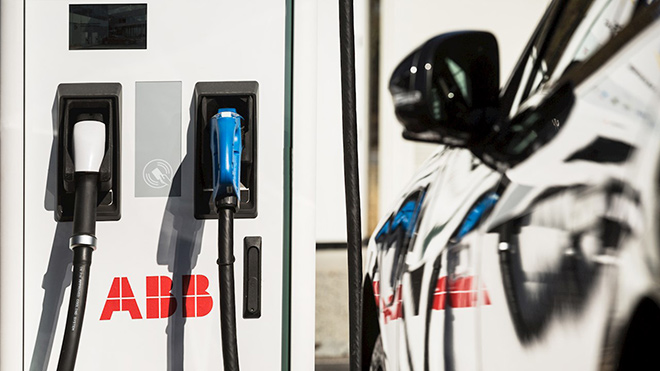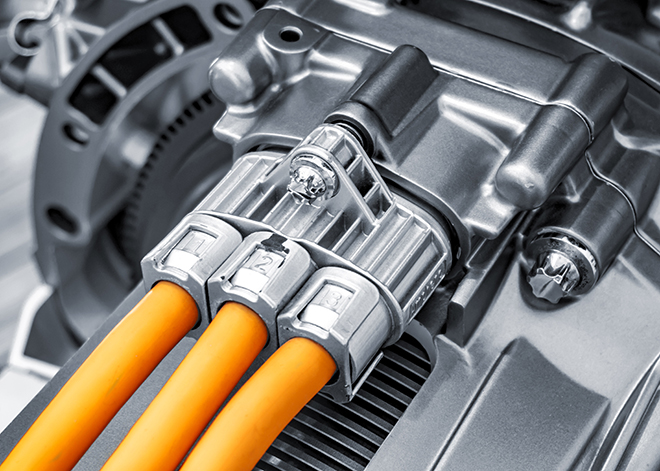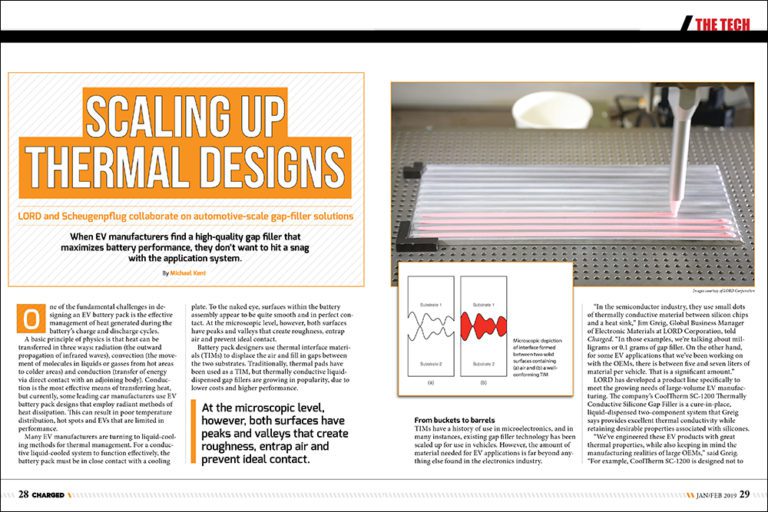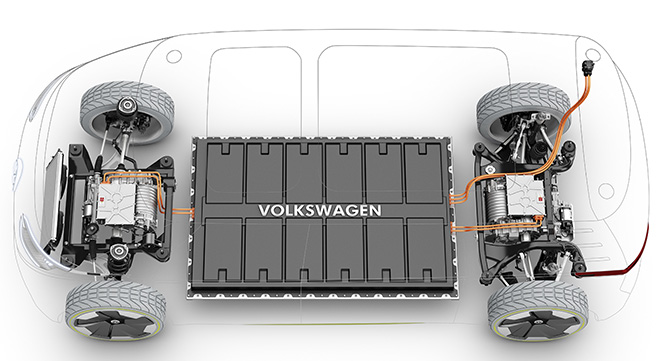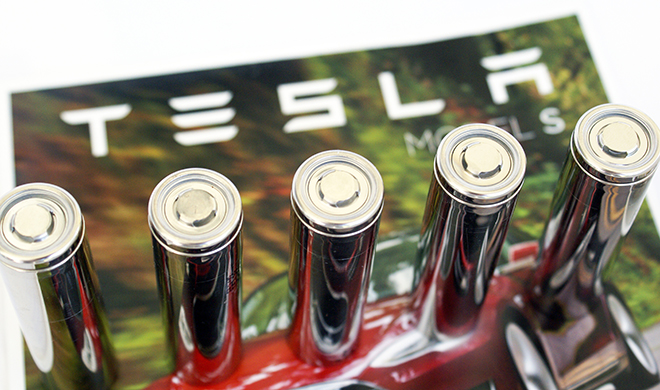Researchers from Carnegie Mellon University have developed a semi-liquid lithium metal-based anode that could lead to higher capacity and better safety than typical lithium metal-based batteries that use lithium foil as anodes. The research team published their findings in the June 2019 issue of Joule. “Incorporating a mewtallic lithium anode into lithium-ion batteries has the… Read more »
Search Results Found For: "Performance Team "
The auto industry is finally advertising its EVs
Over the past few years, we in the EV media have been highly critical of automakers for failing to advertise their EVs (and then claiming that there’s no consumer demand for them). So it’s only fair that we praise them now that they’re starting to release some pro-EV ad spots. Several TV campaigns have referred… Read more »
Battery testing start-up Novonix has spun off PUREgraphite to manufacture anode material in the US
Batteries are ubiquitous in our modern lives. Take a look around you and count how many items need be plugged in and recharged. If you’re at your desk, the answer might be four or five. If you’re out for a run, perhaps two or three. If you’re in a garage, there may only be one,… Read more »
Essex creates high-temp winding insulation for EV motors that can withstand 265° C
Magnet wire manufacturer Essex, supplier of motor wiring for EVs like the Nissan LEAF, has introduced a high-temperature insulation for the windings of traction motors used in hybrids, PHEVs, and EVs. Essex’s EnduroTemp 260+ is a thin-film insulation with a 265° C thermal endurance. It’s designed to extend the life of traction motors by, in… Read more »
How to choose the right dispensing system for battery pack bonding thermal interface materials
Sponsored by Nordson Sealant Equipment Customers rely on Nordson Sealant Equipment to deliver improvements, efficiencies, and solutions for a wide range of dispensing applications in their battery manufacturing processes. Nordson Sealant Equipment provides an industry-leading, field-proven range of automated dispensing solutions for one- and two-part materials used in battery cell bonding, battery cell power distribution, and battery… Read more »
Scaling EV charging infrastructure: Standards and interoperability
Sponsored by ABB. Download a PDF version of this article. A steeper growth curve for electric vehicles will depend on continuous technological development, further commercialization and practical regulatory policies. Standards and interoperability underscore all of these trends, across vehicles, charging systems and communication networks – and are a key driving force for electric vehicle adoption…. Read more »
Study shows gallium oxide could enable cheaper power electronics
Researchers from the National Renewable Energy Laboratory (NREL) have modeled the wafer cost of gallium oxide (Ga2O3) semiconductors, and determined the cost could be three times lower than that of silicon carbide (SiC). The finding could lead to lower costs for power electronics such as those used in EVs. The researchers created a bottom-up cost model… Read more »
LORD and Scheugenpflug collaborate to scale up EV thermal designs
When EV manufacturers find a high-quality gap filler that maximizes battery performance, they don’t want to hit a snag with the application system. One of the fundamental challenges in designing an EV battery pack is the effective management of heat generated during the battery’s charge and discharge cycles. A basic principle of physics is that… Read more »
VW invests $10 million in battery start-up Forge Nano
Volkswagen is investing $10 million in Colorado-based startup Forge Nano, which is researching a material coating technology that could improve the performance of battery materials. Volkswagen will provide support for industrial trials of this technology. Forge Nano is headquartered in Louisville, Colorado, and is researching processes for scaling atomic layer deposition (ALD) to create new… Read more »
Tesla and Jeff Dahn patent new battery cell chemistry
Tesla’s battery research group in Halifax, which is led by battery superstar Jeff Dahn, has applied for a patent on a new battery cell chemistry that promises to deliver faster charging, longer life and lower cost. In the application, entitled “Novel battery systems based on two-additive electrolyte systems,” Dahn and his team explain that adding… Read more »



